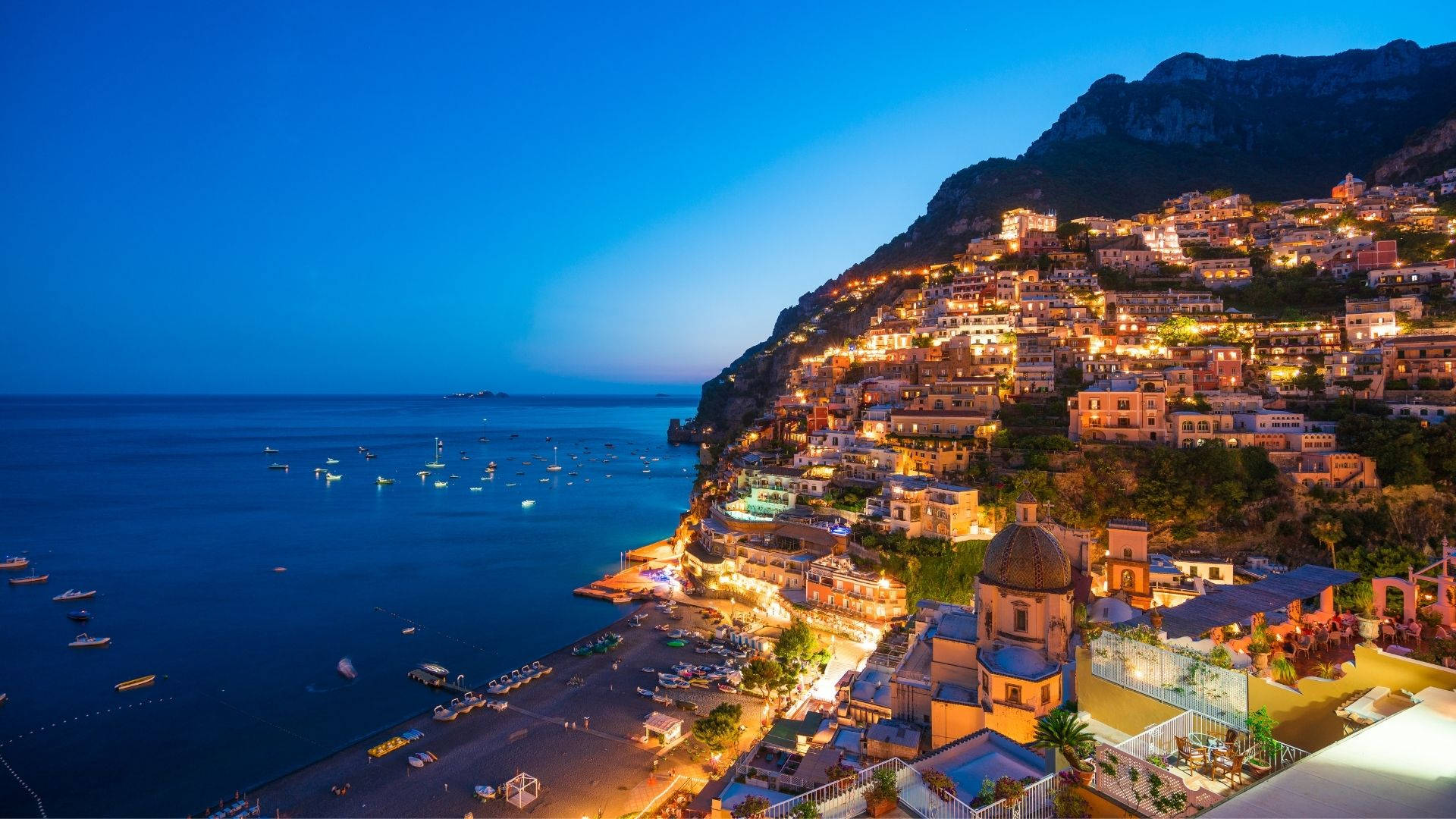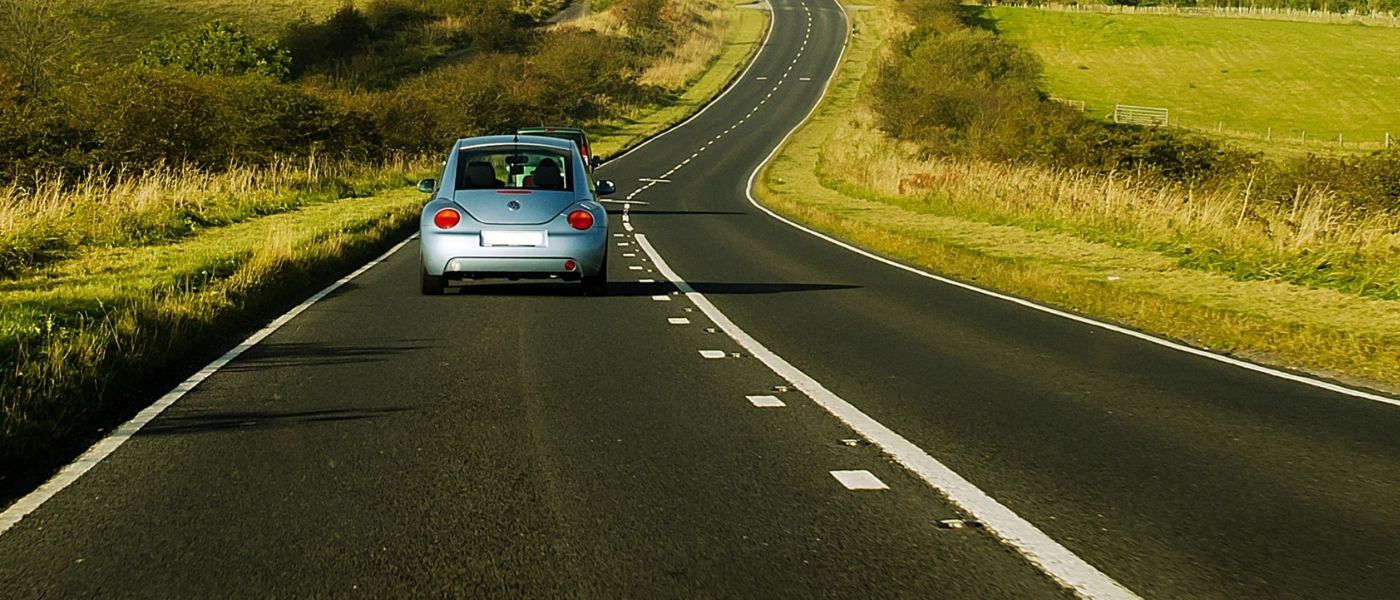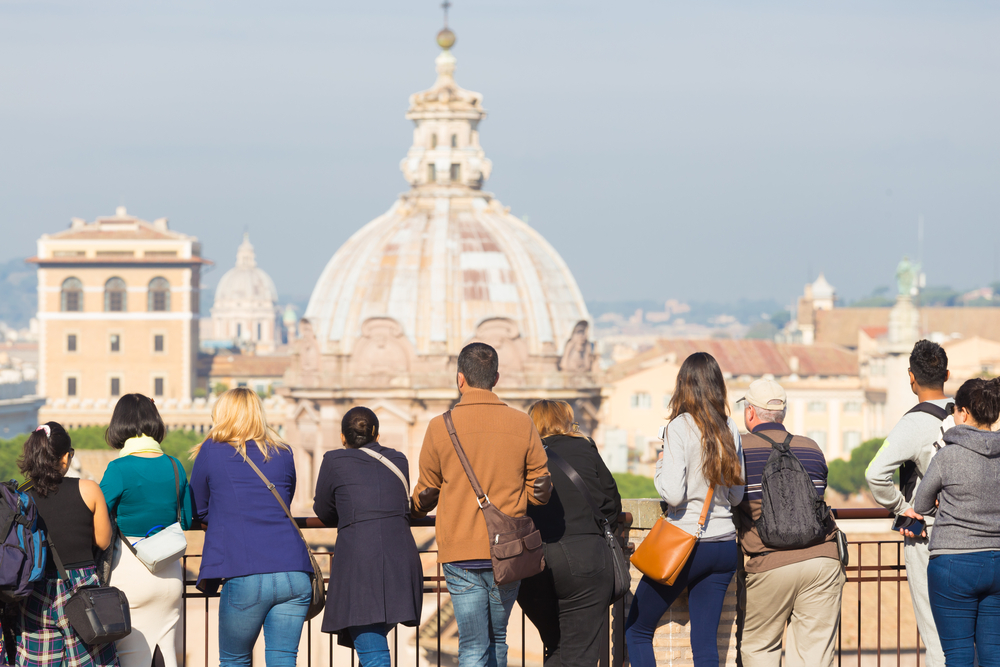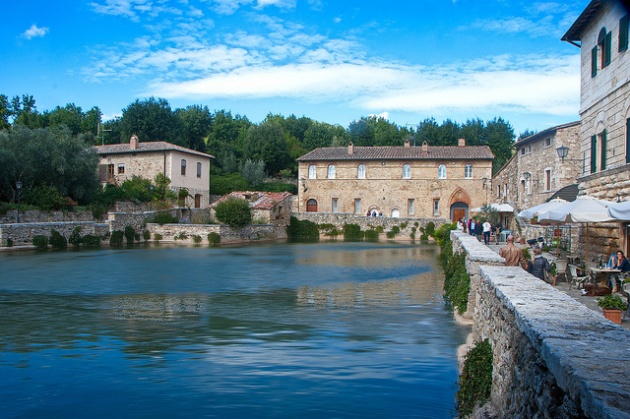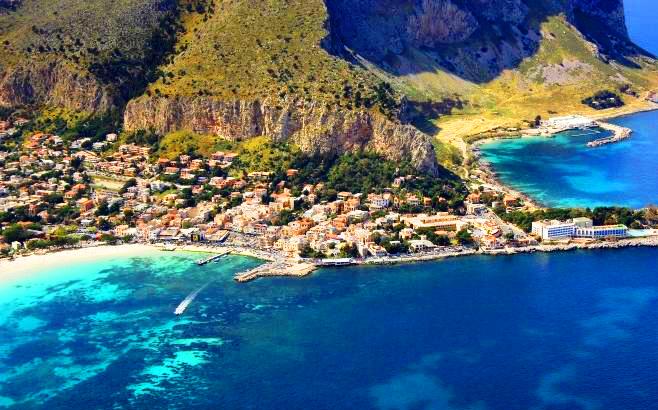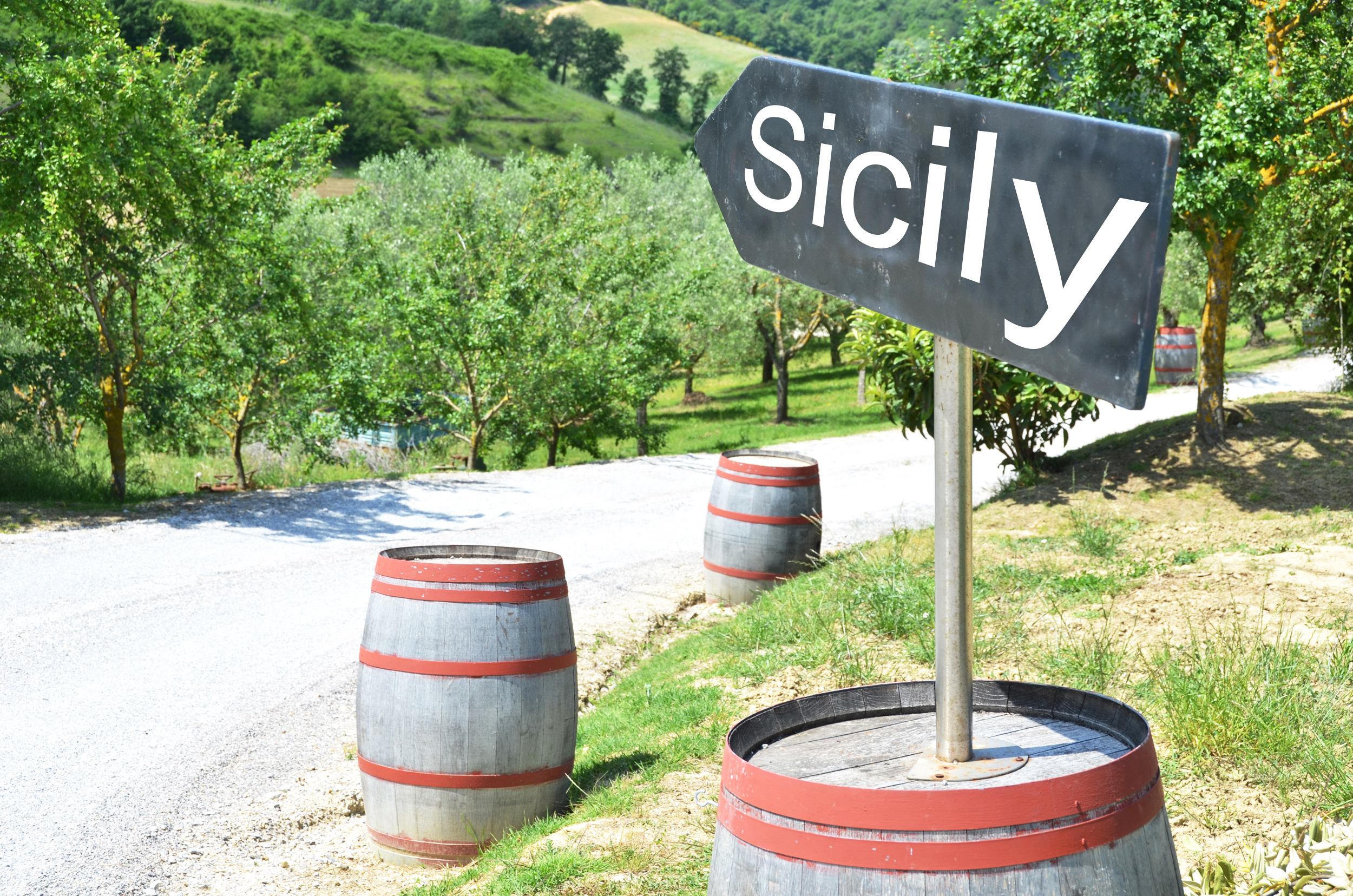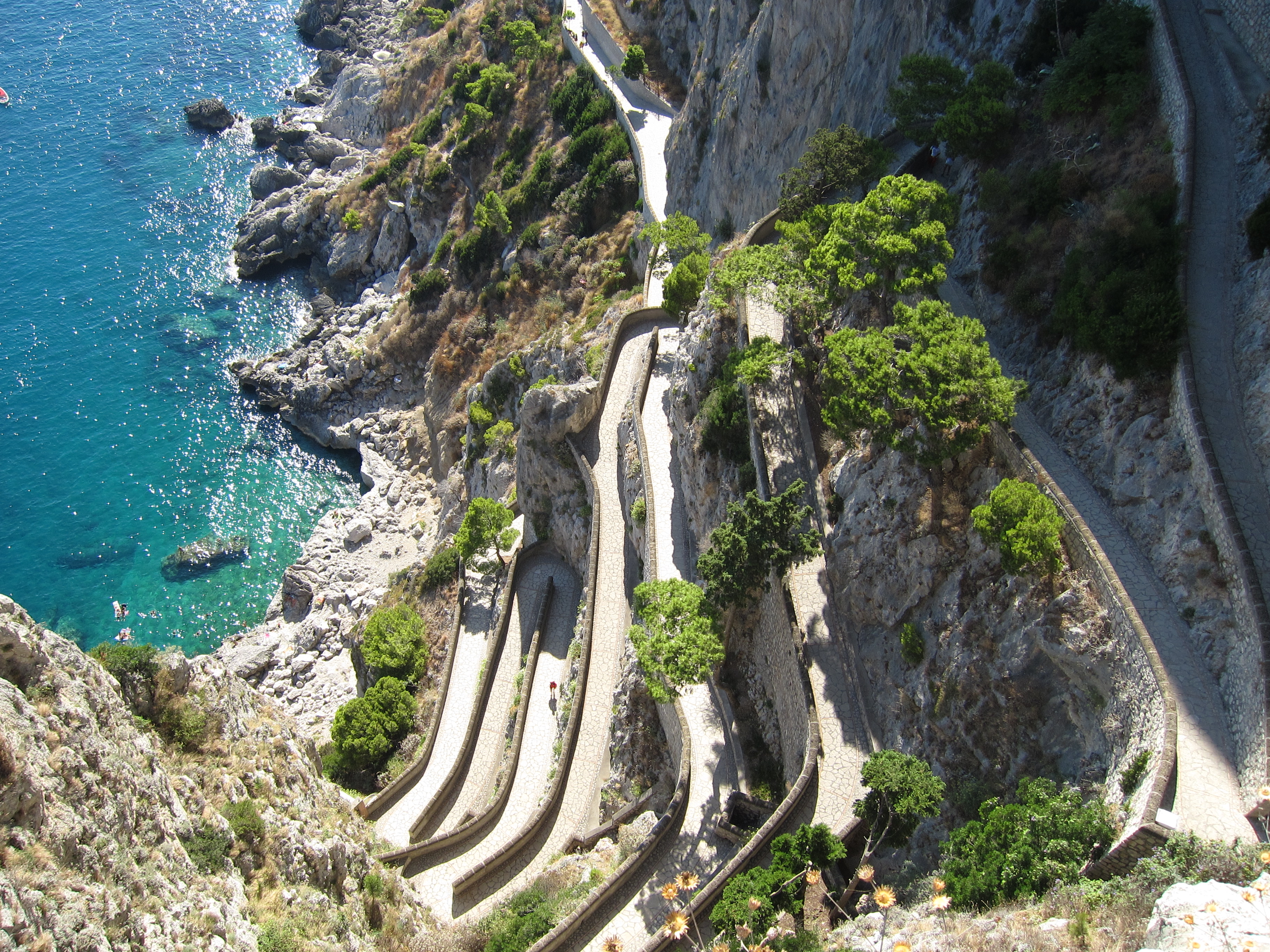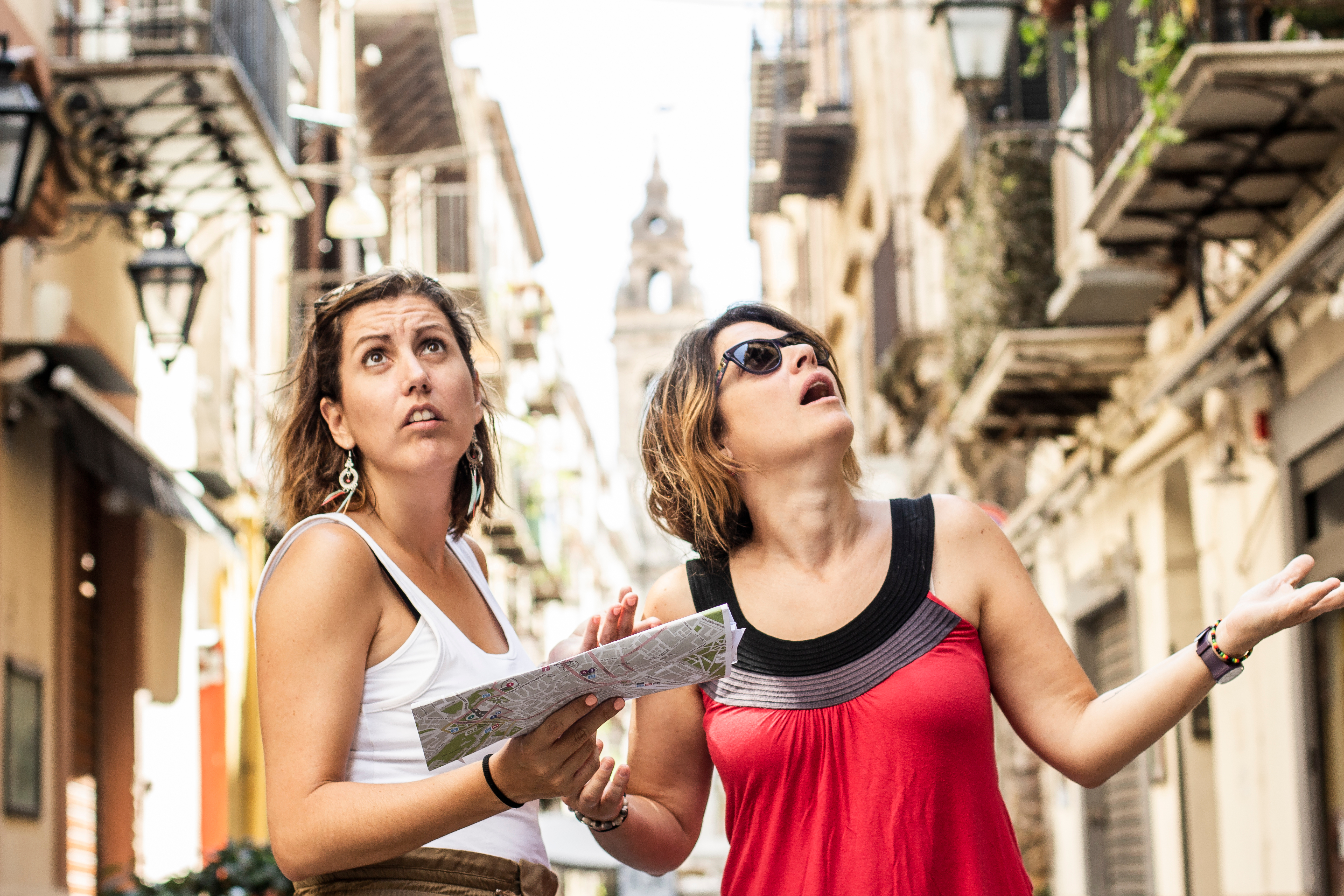Travel for diabetics can be an enormous challenge and I know first hand because I happened to be diagnosed with Type 1 diabetes when I was 3 years old. Having lived with the disease for over 33 years now, despite the difficulties I encountered in the past, I am in remarkably good health now – although dealing with this disease has never been easy, I’ve learned to accept it and come to terms with it. Leading a very busy life and traveling a good 6 months of the year here in Italy and all over the world, I’ve learned a few things over the years about managing this illness which many people all over the world are also having to contend with. For this reason, I wanted to share some of the things I have found over the years that have allowed me to better manage my own disease since both Type 1 and Type 2 diabetes effects so very many people chances are that it may effect you or your loved one traveling to Italy or any other destination in the future. In order to help diabetics who are going to be traveling particularly to the Mediterranean – below I have laid out a few things that may not be so obvious, but are very important things to keep in mind for those having to manage diabetes.
Here are a few of the things that I think are very important to pay attention to for diabetics while traveling and for those traveling with diabetics to keep in mind:
The time difference
If you are traveling between North America and Italy, there is going to be a minimum of a 6 hour difference for those coming from the East Coast and for those coming from the west coast it’s 9 hours or more (for those from Hawaii – 11 hours). This is a huge amount of time to calculate for and we really recommend that for the first 2 days of your time here that you only modify your schedule by 3-4 hours at first and then gradually over the course of your trip.
Hydration
This is key for the management of diabetes and also hyper-tension. Drink lots of water on the plane and do not drink alcohol while on the airplane at all.
Exercise
This is going to vary person to person, but on average you are going to be experiencing more activity during your normal day while you travel. More walking and moving around, standing on your feet and therefor you may need to adjust your medication based on how much walking and exercise you are doing, but be honest about it! If you are mostly touring in a bus or a car, you may actually be moving a lot but not on your own 2 feet.
Adjusting for Different Meal Times
It’s not just jet-lag that you have to keep in mind when visiting Italy or other countries in the Mediterranean. Meal times are usually quite different with lunch and dinner being served dramatically later. While some restaurants do open at noon, the typical meal-times for lunch are between 13:00 and 15:00 PM and for dinner between 8:00 PM and 11:00 PM. In Spain for example, it’s even later than Italy and the typical time to go out for dinner is about 21:00 PM. This is because in Italy and much of the southern Mediterranean they take time for the siesta / nap time in the afternoon.
Breakfast is also much smaller in much of the Mediterranean than it is in the rest of the world. Usually a small pastry is about all they have, while diabetics need to have a meal containing fiber (fruit), protein and dairy. If you are staying at a hotel, they will usually have fresh fruit, milk / yogurt and so this should not effect you much, however do keep in mind planning your breakfast for around 09:00 to plan for the later lunch time and supper-time meals.
Fiber Consumption
While Italy may be known for pizza, pasta and gelato, Italy is actually one of the healthiest countries in the world and renowned for the Mediterranean diet, consisting of fish, wonderful vegetables and legumes and in general is a very low-fat diet. The pizza even is a thin-crust pizza and most Italians when they go out for pizza end up eating the entire pizza! Depending on what toppings you pick to put on, this can actually be a relatively low-caloric meal and you may actually end up finding yourself eating more vegetables and enjoying them more.
Alcohol Consumption
Alcohol is of course loaded with sugar and yet chances are, if you are coming to Italy or the other Mediterranean countries you are going to be drinking. Keep in mind that while at first alcohol will spike your sugars, it will then cause them to fall dramatically so make sure to eat something and modify your insulin when drinking.
Regularly Test Your Sugar Levels
When you are traveling, particularly for the first part of your journey and when you return home, I would recommend testing your sugars up to 4 times a day, just to make sure you are stable and that you get correctly adjusted to the time difference.
Medication and Refrigeration for those on Insulin
Most hotels have a mini-bar fridge in the room, however if they don’t you can always ask them at the front desk to store your medication.
Medical Alert Bracelet or Necklace
Don’t leave home without it especially if you are traveling alone. Should anything happen, this is an internationally recognized symbol that can can possibly save your life.
Sleep
In general for diabetics sleep is very important and it’s especially important while your traveling because it allows the body to restore and relax which is important of course for circulation and good health.
Stress
Travel these days is not for the faint of heart and there are bound to be stresses associated with traveling. While of course our company helps to alleviate those stresses, long line ups at airports, delayed trains or unknown variables in travel can and will occur, so try to take it easy! Believe me… it does help to just relax and go with the flow. Stress for diabetics can cause erratic sugar levels and so while it’s good to plan ahead, prepare yourself in advance for travel through meditation, talking with a friend and staying informed.
Heat
Heat can cause diabetics to burn my calories, lose water and cause dehydration and increase stress levels, so prepare to stay cool during the summer months and plan accordingly.
For more information that can help diabetics travel safely with diabetes, you can always contact us at team@italyvacationspecialists.com
Happy travels and stay safe!
Jesse Andrews, Owner and President







